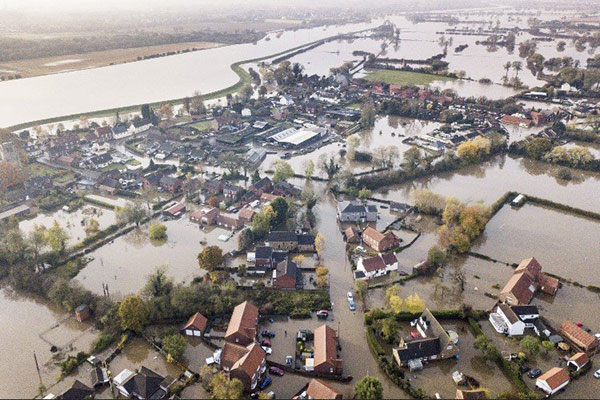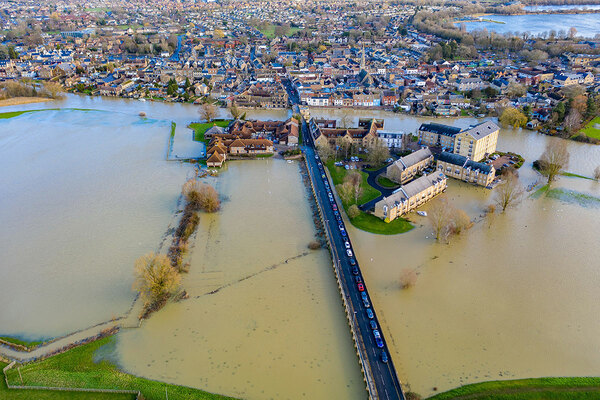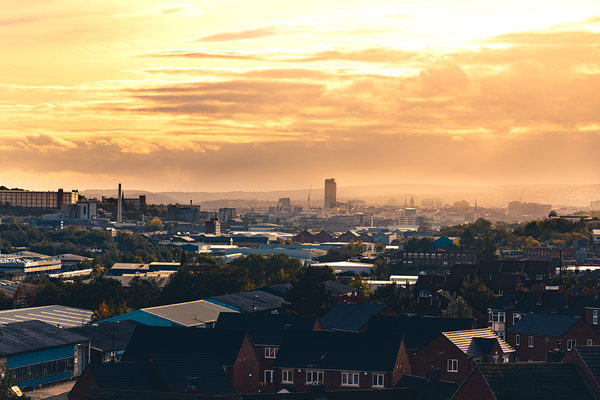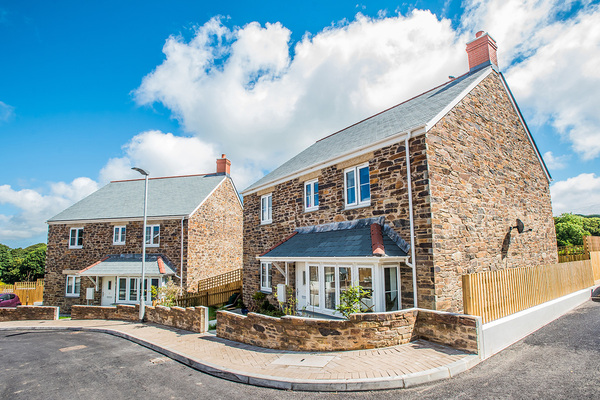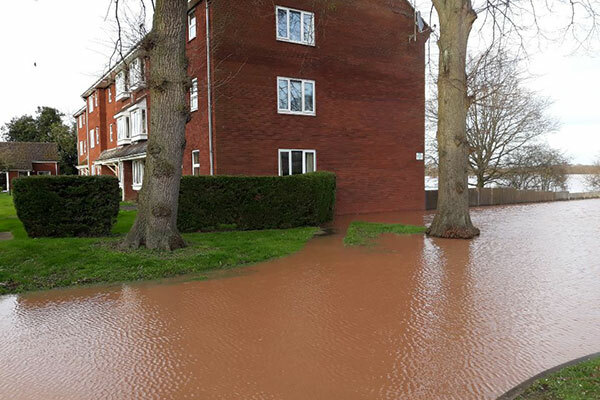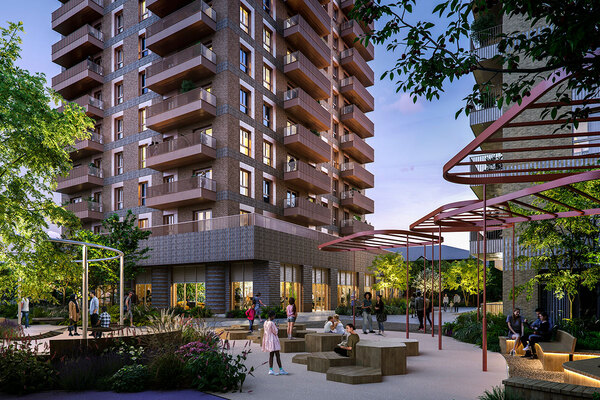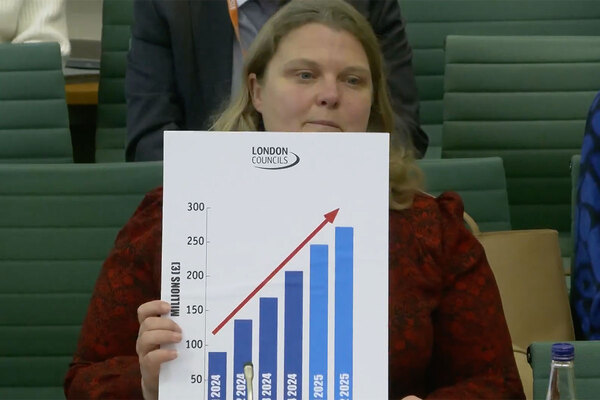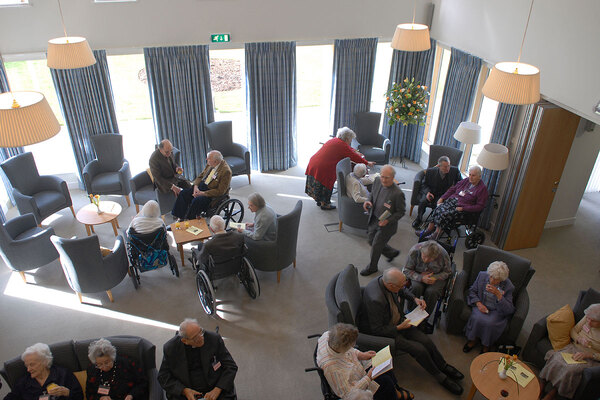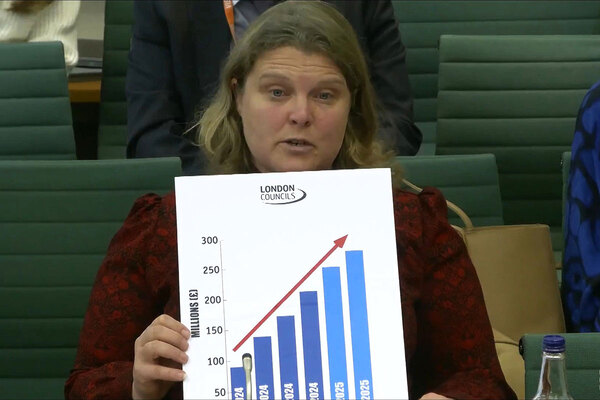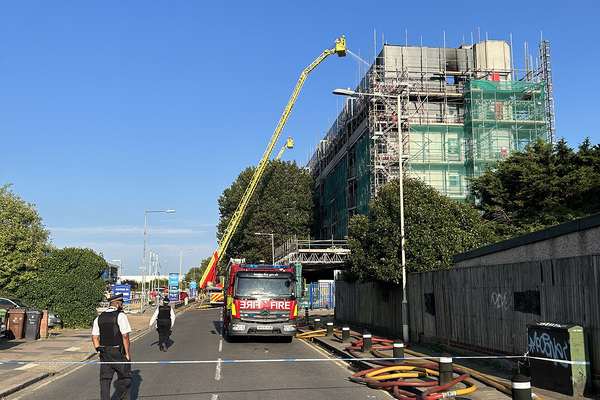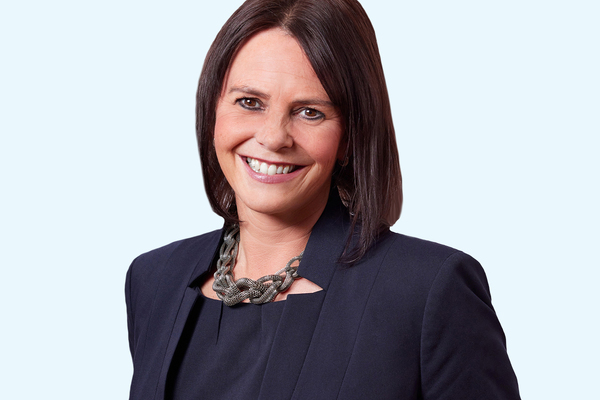Ban building homes on flood plains unless ‘no alternative’, says Environment Agency boss
New homes should be built on flood plains only where there is “no real alternative”, the head of the Environment Agency has said.
In a speech yesterday, James Bevan, the agency’s chief executive, said new development should also only happen in the areas in England at risk of flooding where it does not increase other people’s risk and new properties are made flood resilient.
However, Mr Bevan admitted that a ban on all development is unrealistic as most towns and cities are on a flood plain due to England’s many rivers.
It comes after new analysis by Greenpeace and The Guardian, published this week, revealed that 11,410 new homes are planned in flood-prone areas.
Mr Bevan also warned that as a result of population growth, the number of properties on flood plains will “almost double” over the next 50 years.
In a speech at the World Water-Tech Innovation Summit in central London, Mr Bevan said: “We can and should insist that development only happens there if there is no real alternative; that any such development doesn’t increase other people’s flood risk – which means insisting on things like sustainable drainage – and that properties built on the flood plain are flood resilient, for example with the garages on the ground floor and the people higher up.”
It comes following devastating floods across the country this winter – including Storm Dennis and Storm Ciara – as the climate emergency brings more violent weather and higher sea levels. Almost all of England’s rivers reached their highest-ever water levels, Mr Bevan said.
He added: “We need to make the right decisions on land use that reflect what we know will happen in terms of future flooding and coastal change.
“That means avoiding the wrong kind of development in the floodplain.”
Mr Bevan also said the reality was that in some places people will have to eventually move out.
He added: “It means accepting the hard truth that in a few places, the scale of coastal erosion and the risk of flooding from rivers or the sea will become so big that it may be better for communities to choose to relocate out of harm’s way.”
Earlier, on BBC Radio 4’s Today programme, Mr Bevan was asked if he acknowledged that houses had been built where they should not have been. “I think I would and most people would accept that,” he said. “But we are where we are.”
